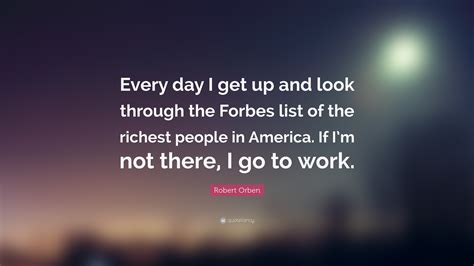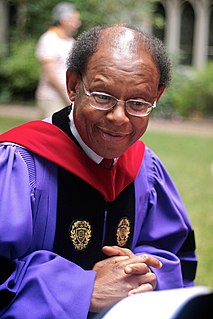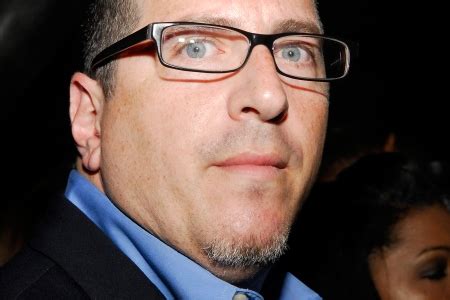A Quote by Barry Commoner
Air pollution is not merely a nuisance and a threat to health. It is a reminder that our most celebrated technological achievements-the automobile, the jet plane, the power plant, industry in general, and indeed the modern city itself-are, in the environment, failures.
Related Quotes
Other ways of looking at the environmental or climate change stuff is to frame it in the context that it is simultaneously a public health issue. One out of eight premature deaths worldwide happens because of air pollution. The worst power plant in America kills 278 people a year and causes 445 heart attacks. So, when we improve air quality we improve our lives, and at the same time we improve the climate as well. We must see climate policy from this perspective and not as an abstract threat that may threaten our survival in 100 years.
While the rich reap most of the benefits of technological development, the poor bear an unequal burden of dealing with the consequences of the resulting increased pollution. The poor continue to live in greatest proximity to the sources of pollution, the infrastructure and machinery of industry. They work in the most polluted and physically dangerous workplaces. And these same individuals, living and working closest to the sources of environmental catastrophe, are also the ones most lacking decent health care.
The Los Angeles Air Pollution Control Board is established in 1946 in an effort to discover the cause of the brown cloud hanging over the city and decide how to combat and disperse it. In 1949, after intense lobbying from both the automobile and oil industries, and against the recommendations and position of the Los Angeles Air Pollution Control Board, the public rail system, which at one time was the largest in the world, and still serves a majority of the city's population, is decommissioned and torn out. It is replaced by a small fleet of buses.
Today, about 40 percent of America's carbon pollution comes from our power plants. There are no federal limits to the amount those plants can pump into the air. None. We limit the amount of toxic chemicals like mercury, and sulfur, and arsenic in our air and water, but power plants can dump as much carbon pollution into our atmosphere as they want. It's not smart, it's not right, it's not safe, and I determined it needs to stop.
Air pollution is a threat to health, especially of older persons. It contributes significantly to the rising rates of chronic respiratory ailments. It stains our cities and towns with ugliness, soiling and corroding whatever it touches. Its damage extends to our forests and farmlands as well. The economic toll for our neglect amounts to billions of dollars each year.
It's very important that we expand our use of clean energy and make a long-term commitment to it. Biodiesel and ethanol are better for the environment and for the air we breathe. The use of biodiesel is a positive step toward minimizing pollutive emissions and greenhouse gases. By focusing on school buses, we can affect the health and wellbeing of the people most susceptible to that pollution - our children - today.




































